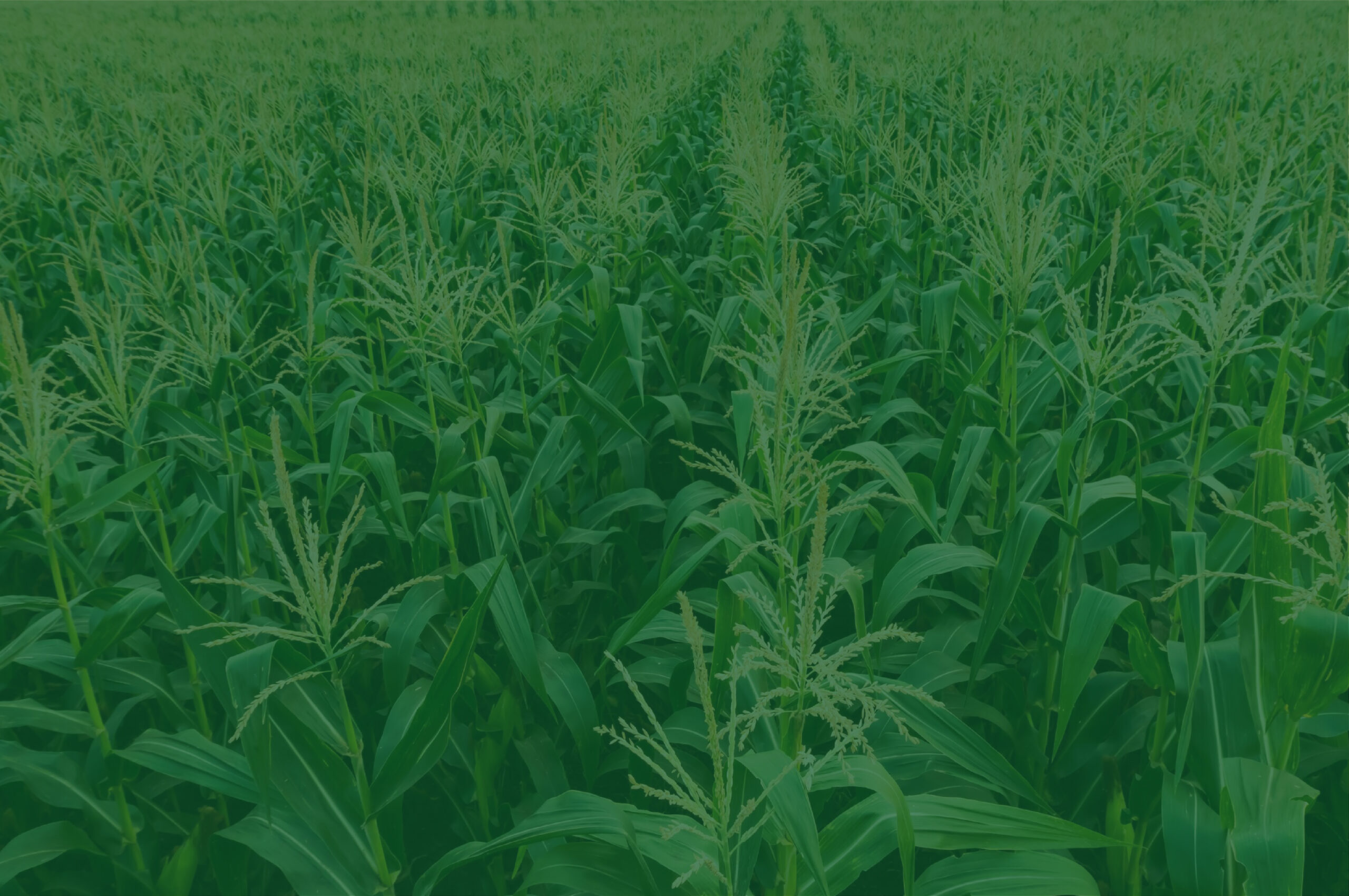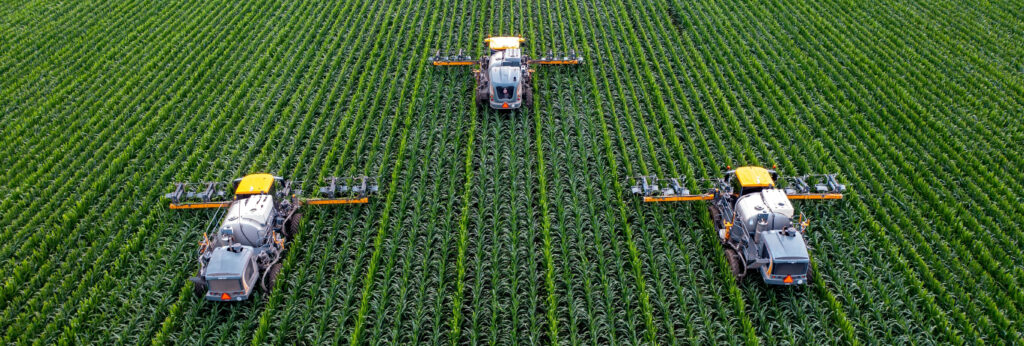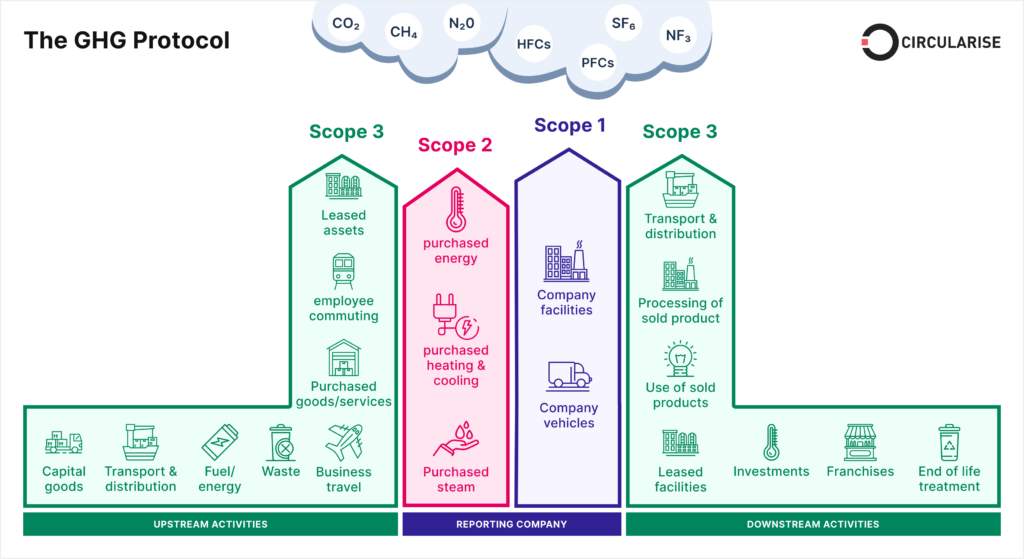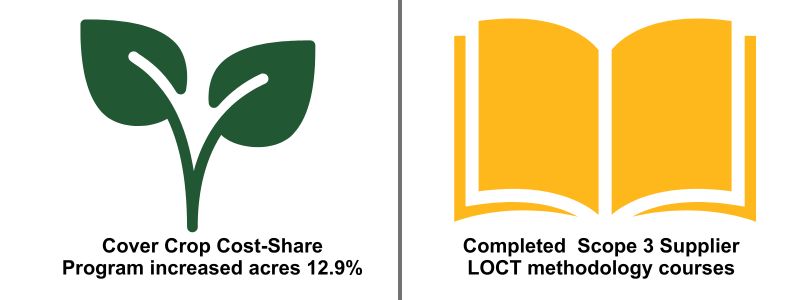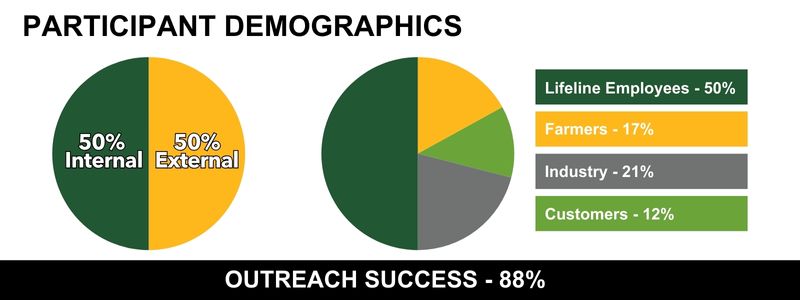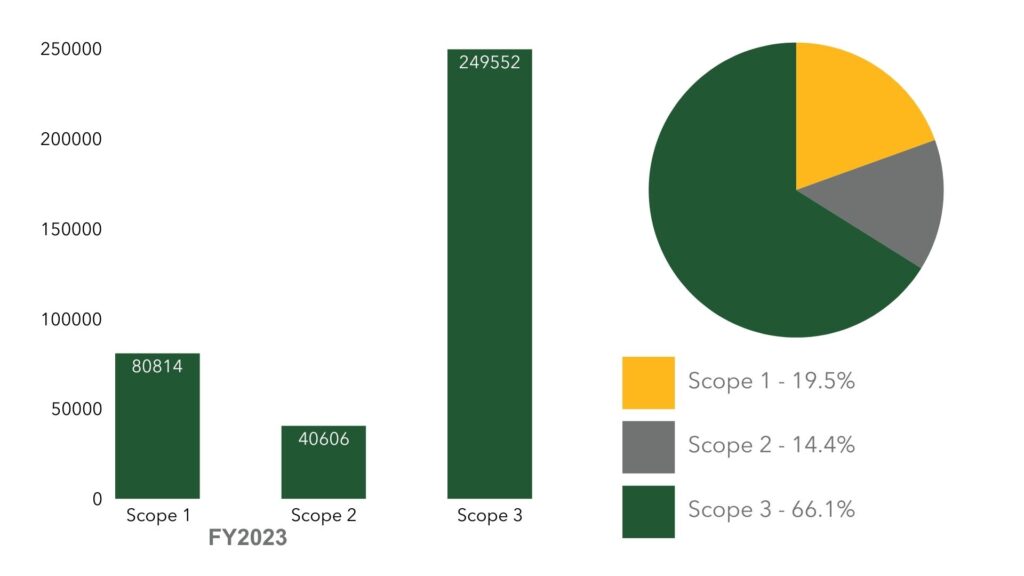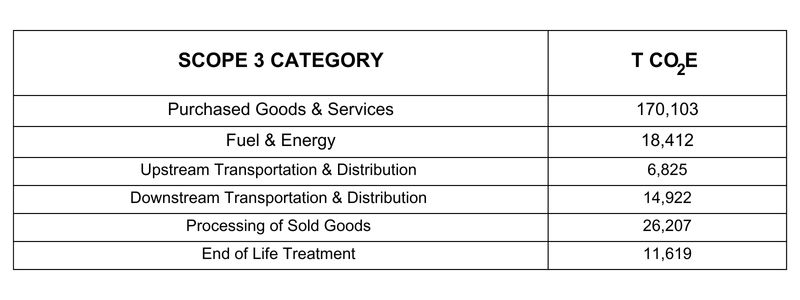In 2001, progressiver farmers joined together as an Identity Preserved production cooperative – called AgraMarke – to establish LifeLine Foods, LLC, a 785,000 square foot manufacturing facility capable of producing high- quality food ingredients. Today that coalition includes more than 600 farmers across the Midwest.
Because of the strength of our surrounding agricultural community and our state of-the-art milling technology, LifeLine Foods is able to serve a variety of industries with corn meal, corn flour and industrial binder, among other products. Although we mill more than 26 million bushels of corn per year, we attribute our success to our relationship-driven and responsive nature. Customers who procure from LifeLine Foods know they are receiving exceptional customer service and the best products our industry has to offer.
In our field, we stand out because we excel in producing high-quality corn products and we empower the farmers with whom we work. It’s the reason we’ve grown to become the third-largest corn mill in the country. With new projects on the horizon, LifeLine Foods is committed to change. Our efforts to grow corn sustainably will enable us to deliver food to your table, generation after generation. We’re also proud to emrbace our long-standing heritage in our community.
From our farmer-owners to our dedicated workforce, every kernel of corn that comes from LifeLine Foods has a story behind it. Imagine what corn can do at LifeLine Foods.
LifeLine Foods
2811 S. 11th St.
St. Joseph, MO 64503



